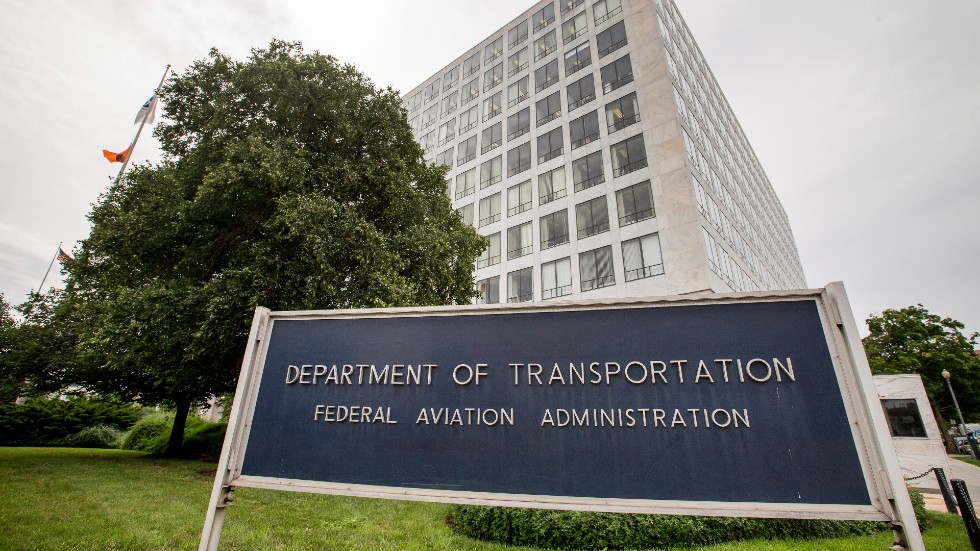Hillicon Valley — Biden signs telecom security bill

Today is Thursday. Welcome to Hillicon Valley, detailing all you need to know about tech and cyber news from Capitol Hill to Silicon Valley. Subscribe here: digital-stage.thehill.com/newsletter-signup.
Follow The Hill’s cyber reporter, Maggie Miller (@magmill95), and tech team, Chris Mills Rodrigo (@millsrodrigo) and Rebecca Klar (@rebeccaklar_), for more coverage.
Chinese telecommunications companies were the losers of the day Thursday with President Biden signing a bipartisan bill blocking the Federal Communications Commission from giving authorization to many of their products.
On the tech front, pressure on social media companies is rising to turn over research to Congress about the effects of their platforms on teens with a new letter from Rep. Raja Krishnamoorthi (D-Ill.).
Let’s jump into the news.
New law on the books
The Secure Equipment Act will ban the Federal Communications Commission (FCC) from considering or issuing authorization for products from companies on the FCC’s “covered list,” which includes Chinese telecommunications groups Huawei and ZTE.
Not the first effort: Last year, the FCC unanimously voted to formally classify both Huawei and ZTE as national security threats, with the agency citing their ties to the Chinese Communist Party and espionage concerns. The national security threat designation blocks U.S. telecommunications companies from using FCC funds to purchase products from these companies.
The bill had almost unanimous support on Capitol Hill, having been passed by the Senate by voice vote last month, and by the House the week prior by a vote of 420-4.
In announcing the bill’s signing, the White House thanked the sponsors, Senate Intelligence Committee Vice Chairman Marco Rubio (R-Fla.) and Sen. Ed Markey (D-Mass.), along with the House Minority Whip Steve Scalise (R-La.) and Rep. Anna Eshoo (D-Calif.).
Context: Both Huawei and ZTE have been targets of pushback by bipartisan members of Congress and the Trump administration, also due to national security threats that the companies have denied.
HARRIS WEIGHS IN ON CYBER
Vice President Harris on Thursday called on global leaders to work together to counter cybersecurity threats and protect an open internet following a turbulent year of major cyberattacks.
Her remarks came the day after Harris committed the United States to signing on to the Paris Call for Trust and Security in Cyberspace.
The initiative, announced by French President Emmanuel Macron in 2018, is backed by over 80 countries, dozens of public authorities and local governments and over 700 private sector groups, with the aim of strengthening global cooperation to tackle cyber threats.
“Gathered here tonight–leaders of government, business, and civil society–at the start of this new era, we are all pioneers, standing together in the dynamism of the present, on the brink of the unknown,” Harris said during remarks at a panel discussion on digital and technology challenges in Paris.
‘It is up to us–all of us–to strengthen our nations and protect our citizens,” Harris said. “It is up to us–all of us–to realize the opportunities of technology and minimize the threats. In a world that is more interconnected and interdependent, let us go forward together.”
TIKTOK’S TURN
Rep. Raja Krishnamoorthi (D-Ill.) is calling for TikTok to disclose information about the its algorithm and the videos shown to minors on the platform.
Krishnamoorthi, chair of the House Oversight subcommittee on economic and consumer policy, on Wednesday asked TikTok to send over relevant data and documents related to “dangerous content” shown to minors.
“The Subcommittee is deeply concerned that TikTok risks harming millions of children because of its failure to adequately police the harmful content on its app while it continues to experience rapid growth,” he wrote in a letter to the company.
The letter focuses on concerns over TikTok’s algorithm, which Krishnamoorthi argues is “dangerous for minors” because it learns about users in a way that “exploits their vulnerabilities” faster than other platforms.
“TikTok’s algorithm can then send children into endless spools of dangerous and inappropriate content,” he wrote.
BITS AND PIECES
An op-ed to chew on: Inertia is the enemy of cybersecurity
Lighter click: Bringing back a classic
Notable links from around the web:
Contract lawyers face a growing invasion of surveillance programs that monitor their work (Washington Post / Drew Harwell)
Walmart Delivery Workers Say New Pay Model Steals Their Tips (Motherboard / Lauren Kaori Gurley)
Facebook told employees to avoid the words ‘discrimination’ and ‘bias’ (Protocol / Issie Lapowsky)
Dozens of Uber and Lyft Drivers Are Victims of Reported Carjackings in Minneapolis This Fall (The Markup / Dara Kerr)
One last thing: Boeing certification hits a snag

Boeing appointed underqualified engineers to oversee its airplane certification program, according to the Federal Aviation Administration (FAA).
In a letter to Boeing last week, the FAA complained that in interviews with recently appointed safety engineers from the company this summer it had found many “are not meeting FAA expectations,” according to The Seattle Times.
The appointments were made to fill openings left in the company’s safety engineer ranks after Boeing offered early retirement to some of its more senior FAA-authorized personnel during the COVID-19 pandemic, the Times reported.
At one point, more than 20 engineers from a single certification speciality left Boeing in just one week, according to an FAA safety engineer who remained anonymous because they were not authorized by the agency to speak to the Times.
The FAA’s letter noted that of 12 recent appointees tasked with dealing with safety issues, nearly 40 percent “struggled to demonstrate an understanding of FAA certification processes,” according to Reuters.
Boeing said on Wednesday that it plans to enhance the selection process for the people appointed to engineering positions, as well as for its general airplane certification standards, the Times added.
That’s it for today, thanks for reading. Check out The Hill’s technology and cybersecurity pages for the latest news and coverage. We’ll see you Friday.
Copyright 2023 Nexstar Media Inc. All rights reserved. This material may not be published, broadcast, rewritten, or redistributed. Regular the hill posts






